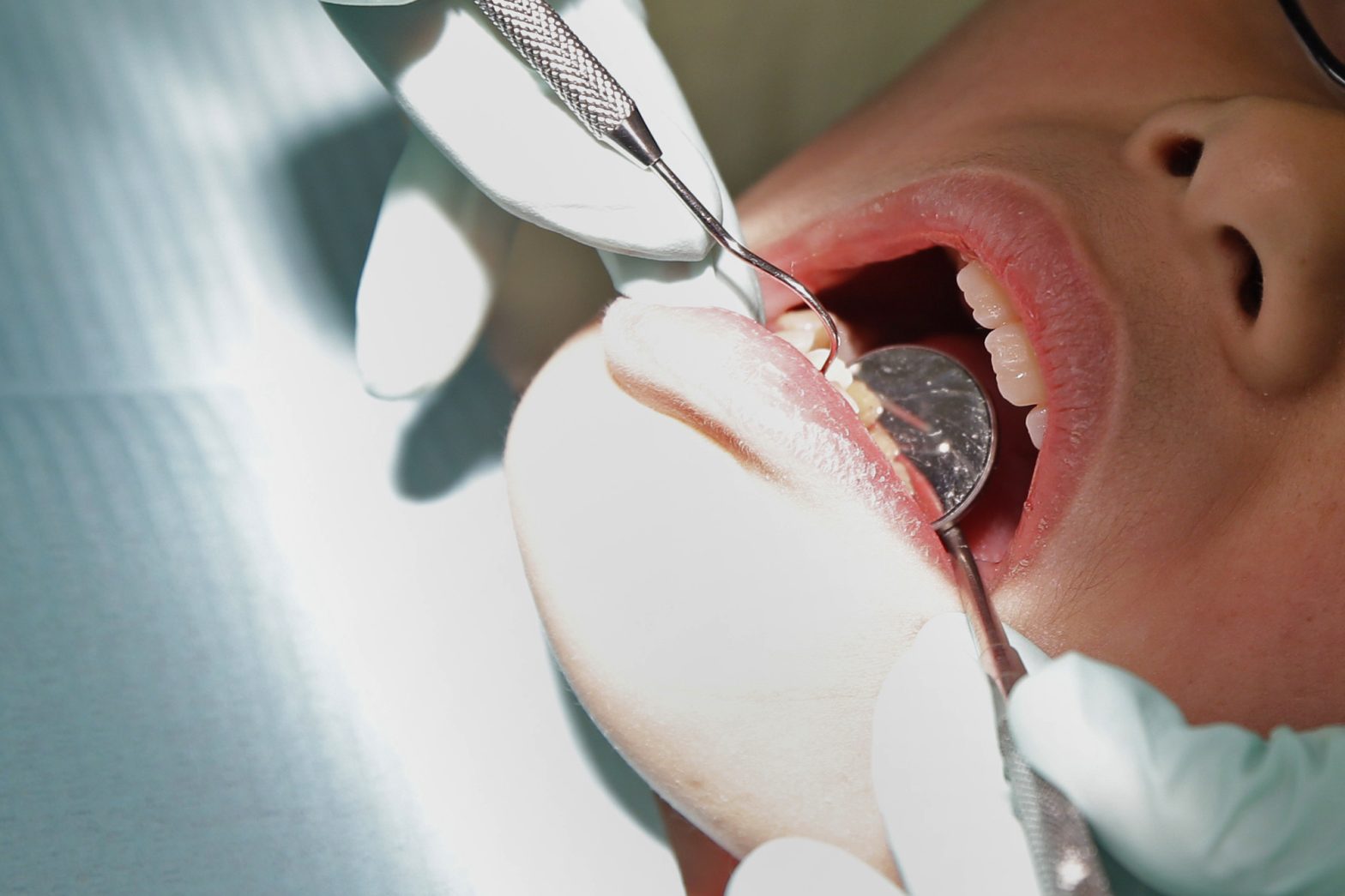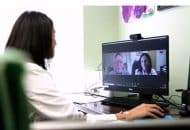Hygiene: Apparently — and Ironically — in Medical and Public Health Circles, It’s a Dirty Word.
COMMENTARY

Simple hygiene — washing your hands, washing your nose, brushing your teeth, cleaning your living environment and taking care of your waste properly — is among the most cost-effective tools we have at our disposal to keep us healthy, both individually and as a society.
Consider hygiene’s record of success. Hospital, surgical and dental infections all dramatically decreased once health care professionals started using sterile techniques (handwashing, masking and gloves). Improved dental hygiene — tooth brushing, mouth washing — has significantly reduced the rates of tooth decay and gum disease. The rate of dental caries, while still needlessly high, has dropped 32% since 1972. Clinical trials show that improved dental health lowers your risk of multiple serious diseases, including heart problems. Hygiene is vital to reducing the spread of measles. The cholera epidemics of the 19th Century were ended when cities established sewage systems. Studies have found that one of the most important tools in combating the Ebola outbreaks in Africa was hygiene, in particular handwashing. Hygiene is good for your health.
Most of us assume doctors and nurses understand the importance of good hygiene, but that’s not always the case. In 1847, Dr. Ignaz Semmelweis was working in the Vienna General Hospital’s first obstetrical clinic, which had a high maternal mortality rate. Semmelweis determined that mortality rate was the result of infections being passed by doctors and nurses who weren’t washing their hands between patients. Research showed that simple handwashing reduced the rate of childbed fever mortality to below 2%. The medical profession rejected his findings and mocked him. His colleagues had him committed to an asylum. Nevertheless, despite the overwhelming data, it wasn’t until 1981 that the medical profession first formally embraced handwashing.
In the early 1920’s, Sarah Josephine Baker reduced New York City’s infant mortality rate to the lowest in the world through hygiene. In response, doctors in New York City petitioned the mayor to have her removed. Baker sought to have the U.S. Congress adopt legislation to replicate New York’s program across the nation. A physician representing the American Medical Association opposed the bill “because, if you are going to save the lives of all these women and children at the public expense, what inducement will there be for young men to study medicine?”
Our experience with COVID-19 shows that nothing has changed. Early on in the pandemic, studies showed that various hygiene interventions could help fight the disease. For example, studies linked severe (often deadly) cases of COVID-19 with poor dental health. Better dental hygiene practices greatly reduce a person’s risks.
Along those same lines, studies showed that nasal hygiene — washing your nose — could help both reduce the risks of infection and lessen the severity of the illness if you were already infected with COVID-19. Based on this data, a group of medical professionals petitioned the Centers for Disease Control and Prevention to issue guidance calling for nasal hygiene. The CDC rejected the petition — it seems without ever reading the studies.
Then in 2022 a clinical trial of 556 high-risk health care professionals found that using a simple nasal spray containing saline and xylitol (among other ingredients) three times a day reduced the risk of infection by 62% over placebo. Given the results of that clinical trial, one would think our public health officials would be aggressively promoting nasal hygiene as a means to stop the spread of COVID-19 — something the vaccines have failed to achieve. Nope. Crickets, as they say. And now it seems a new wave of COVID-19 may be brewing.
In fact, one thing has changed — and not for the better. This is the first pandemic on record that public health and medical experts have attempted to solve with a one-prong strategy (vaccinations). (Every either pandemic and epidemic has been met with a mix of medical and hygiene countermeasures.) The data shows our one-trick approach has failed.
I know the frustrations of Dr. Semmelweis and Dr. Baker firsthand. In the absence of government public hygiene education efforts, the company I started and lead, Xlear, has sought to inform Americans about these (and numerous other) peer-reviewed, published studies showing hygiene is an effective countermeasure against COVID-19. (You can read these studies here.) In response, the Federal Trade Commission has sued us to censor this science. If it’s not a vaccine, the government doesn’t want people to know about it. That’s censorship, not science.
The good news is, you don’t need a bureaucrat in Washington, D.C., to tell you to do things that are common sense and obviously effective to safeguard your health.
Fall is coming fast. We will spend more time indoors. Our kids will be back to school gathering with friends — forming living, mobile petri dishes.
Get ready with good hygiene: Do a thorough pre-fall house cleaning; replace your air filters; clean your air ducts; get yourself and your family to the dentist and get everyone’s teeth cleaned; use mouthwash; wash your hands regularly; wash your nose regularly; get active; and eat better.
Your health will thank you.
Nate Jones founded Xlear, Inc. in 2000 to improve lives by making Xlear Nasal Spray commercially available and spreading the message of proactive health. Prior to starting Xlear, he served in the military, went on a two-year mission with his church and was a commercial diver working in oilfields in Louisiana. Jones can be reached by email.
























